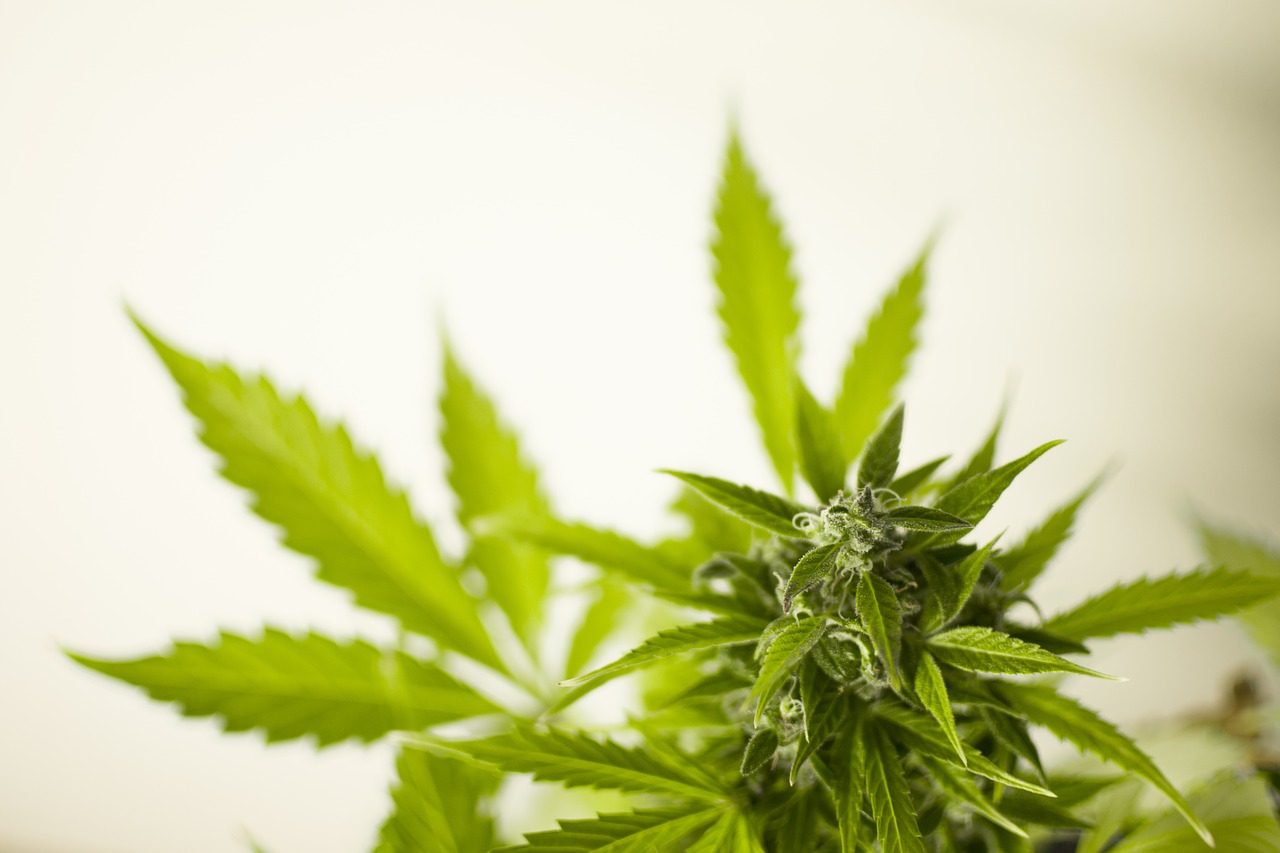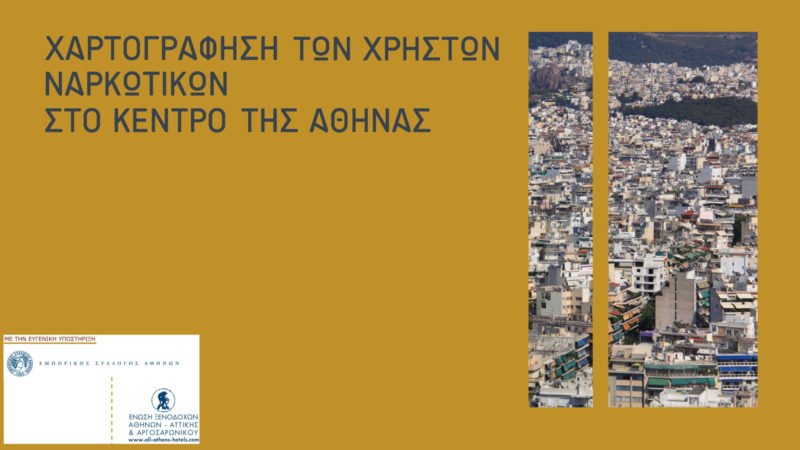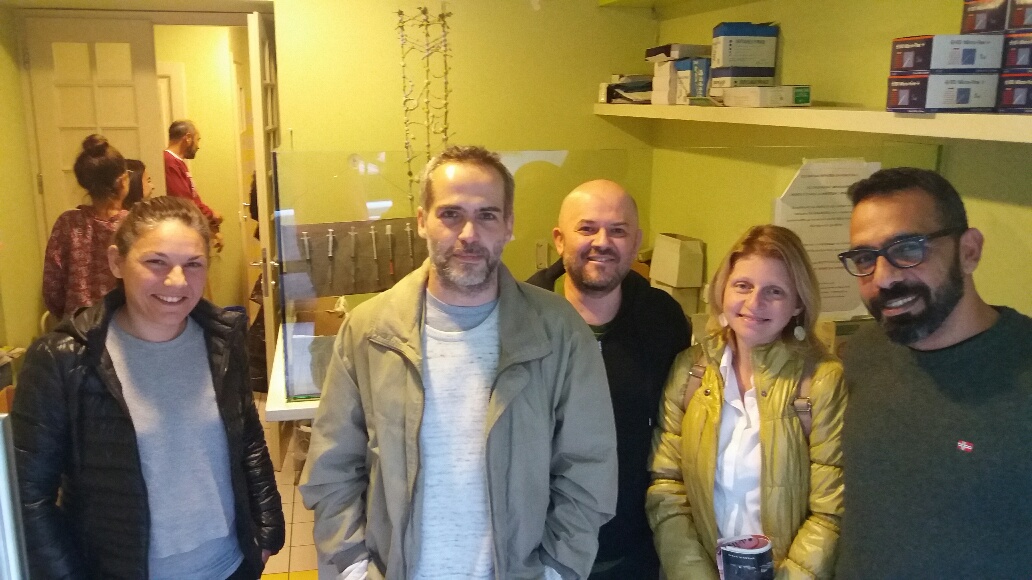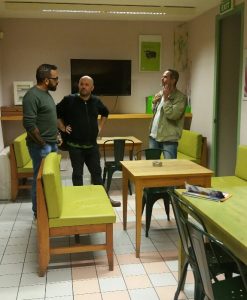Global health experts at the United Nations are recommending that marijuana and its key components be formally rescheduled under international drug treaties.
The World Health Organization (WHO) is calling for whole-plant marijuana, as well as cannabis resin, to be removed from Schedule IV—the most restrictive category of a 1961 drug convention signed by countries from around the world.
The body also wants delta-9-tetrahydrocannabinol (THC) and its isomers to be completely removed from a separate 1971 drug treaty and instead added to Schedule I of the 1961 convention, according to a WHO document that has not yet been formally released but was circulated by cannabis reform advocates.
Marijuana and cannabis resin would also remain in Schedule I of the 1961 treaty—they are currently dual-designated in Schedules I and IV, with IV being reserved for those substances that are seen as particularly harmful with limited medical benefits. (That’s different from the U.S. federal system, under which Schedule I is where the supposedly most dangerous and restricted drugs—like marijuana, heroin and LSD—are classified.)
WHO is also moving to make clear that cannabidiol and CBD-focused preparations containing no more than 0.2 percent THC are “not under international control” at all. It had previously been the case that CBD wasn’t scheduled under the international conventions, but the new recommendation is to make that even more clear.
Cannabis extracts and tinctures would be removed from Schedule I of the 1961 treaty under the recommendations, and compounded pharmaceutical preparations containing THC would be placed in Schedule III of that convention.
A number of countries that have historically opposed drug policy reforms, such as Russia and China, are expected to oppose the change in cannabis’s classification.
Other nations like Canada and Uruguay, which have legalize marijuana in contravention of the current treaties, are likely to back the reform, as are a number of European and South American nations that allow medical cannabis.
Also, while some experts state that this is a step forward towards serious independent researches on use of cannabis, others think that the news is still not good enough for consumers and those using cannabis for medical purpose.



















